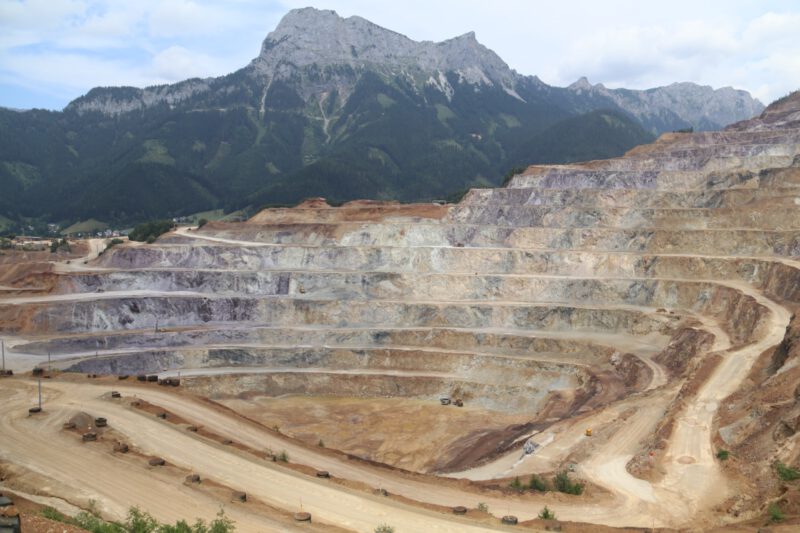Today the Biden administration is expected to announce about $2.8 billion in grants to spur the domestic manufacturing of electric vehicle batteries and needed mineral production.
A White House official confirmed the plan to a Reuters reporter and elaborated on the administration’s plans. Also on the slate is the official launch of the American Battery Market Initiative. The goal is to bolster the necessary supply chains to ensure ample production of minerals required for EVs.
The grants will be awarded through the U.S. Department of Energy as part of the Bipartisan Infrastructure Law. Funds will be awarded to 20 manufacturing and processing companies handling processes across 12 states.
In a statement Tuesday, the White House added, “Together, these actions will improve America’s energy independence, strengthen national security, support good-paying jobs across battery supply chains, and lower costs for working families.”
The Bipartisan Infrastructure Law, CHIPS & Science Act, and Inflation Reduction Act combined will invest more than $135 billion to build America’s electric vehicle future, including critical minerals sourcing and processing and battery manufacturing. The Bipartisan Infrastructure Law invests more than $7 billion to ensure domestic manufacturers have the critical minerals and other necessary components to manufacture the batteries we need to meet our climate goals.
The Inflation Reduction Act makes new and used EVs more affordable for consumers with tax credits that support using minerals and battery components from the United States and our allies. Critics have touted the difficulty of acquiring those credits, but they are available for qualifying purchases. It also includes credits to help manufacturers retool existing facilities and build new battery manufacturing and critical mineral processing in the United States as well as grants to deploy zero-emission heavy-duty vehicles.
Biden believes today’s actions and the launch of the American Battery Material Initiative will also make America more competitive, ensuring we can make more in America to support our own supply chains and workers. The statement goes on to say the U.S. and its allies currently do not have the needed mineral production and battery materials needed to power clean energy technologies.
China currently controls much of the critical mineral supply chain and the lack of mining, processing, and recycling capacity in the U.S. could hinder electric vehicle development and adoption, leaving the U.S. dependent on unreliable foreign supply chains. The American Battery Materials Initiative is intended to align and leverage federal resources for growing the end-to-end battery supply chain, work with stakeholders, allies, and partners to develop more sustainable, secure, resilient supply chains, and support faster and fairer permitting for projects that build the domestic supply chain.
The funded projects announced today include U.S. processing and recycling of critical minerals to support domestic manufacturing. Responsible and sustainable domestic sourcing of the critical materials used to make lithium-ion batteries—such as lithium, cobalt, nickel, and graphite—will strengthen the American supply chain, accelerate battery production to meet increased demand, and secure the nation’s economic competitiveness, energy independence, and national security.
The funding for the selected projects will support:
- Developing enough battery-grade lithium to supply approximately 2 million EVs annually
- Developing enough battery-grade graphite to supply approximately 1.2 million EVs annually
- Producing enough battery-grade nickel to supply approximately 400,000 EVs annually
- Installing the first large-scale, commercial lithium electrolyte salt (LiPF6) production facility in the United States
- Developing an electrode binder facility capable of supplying 45% of the anticipated domestic demand for binders for EV batteries in 2030
- Creating the first commercial-scale domestic silicon oxide production facilities to supply anode materials for an estimated 600,000 EV batteries annually
- Installing the first lithium iron phosphate cathode facility in the United States
Currently, virtually all lithium, graphite, battery-grade nickel, electrolyte salt, electrode binder, and iron phosphate cathode material are produced abroad, and China controls the supply chains for many of these key inputs.











